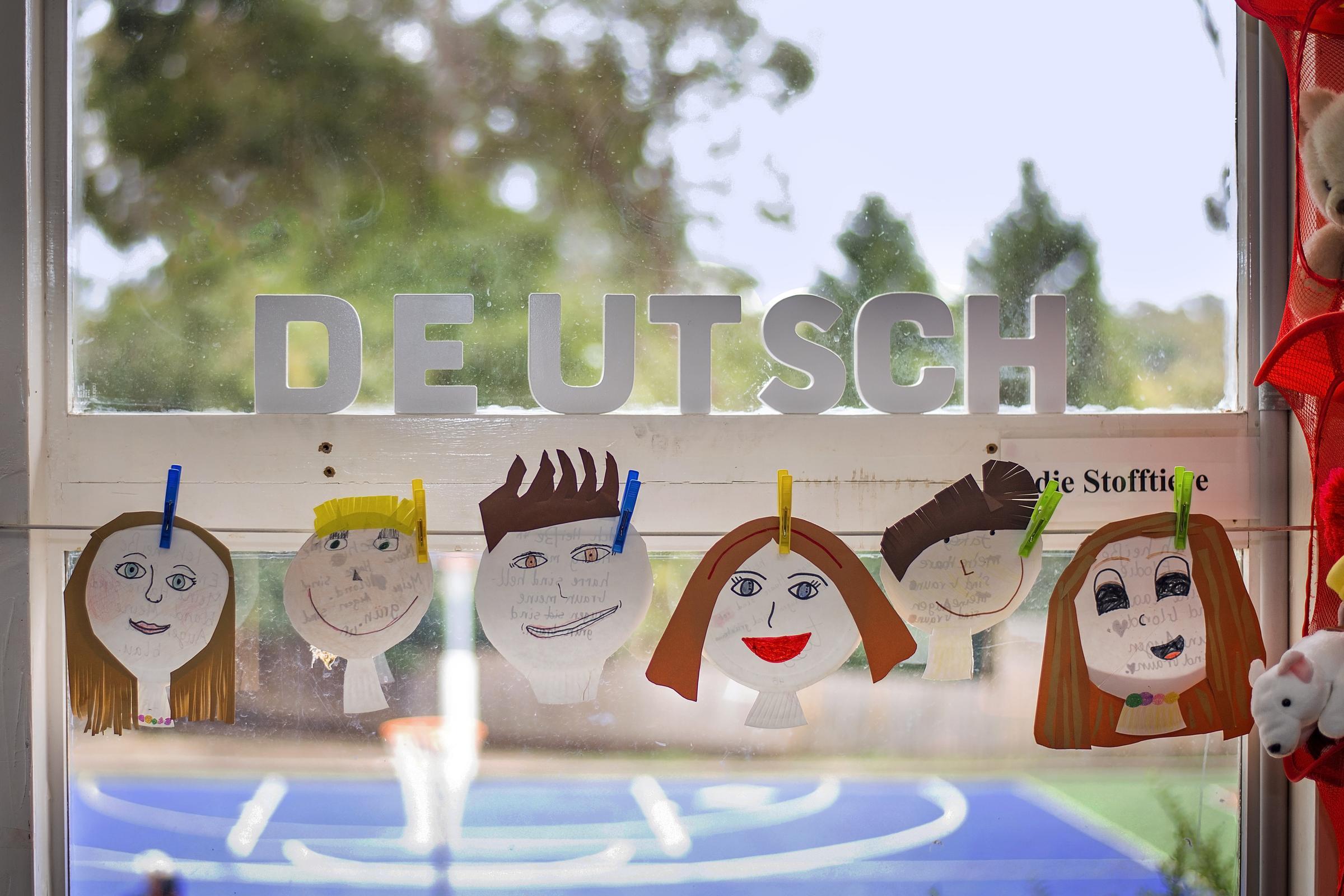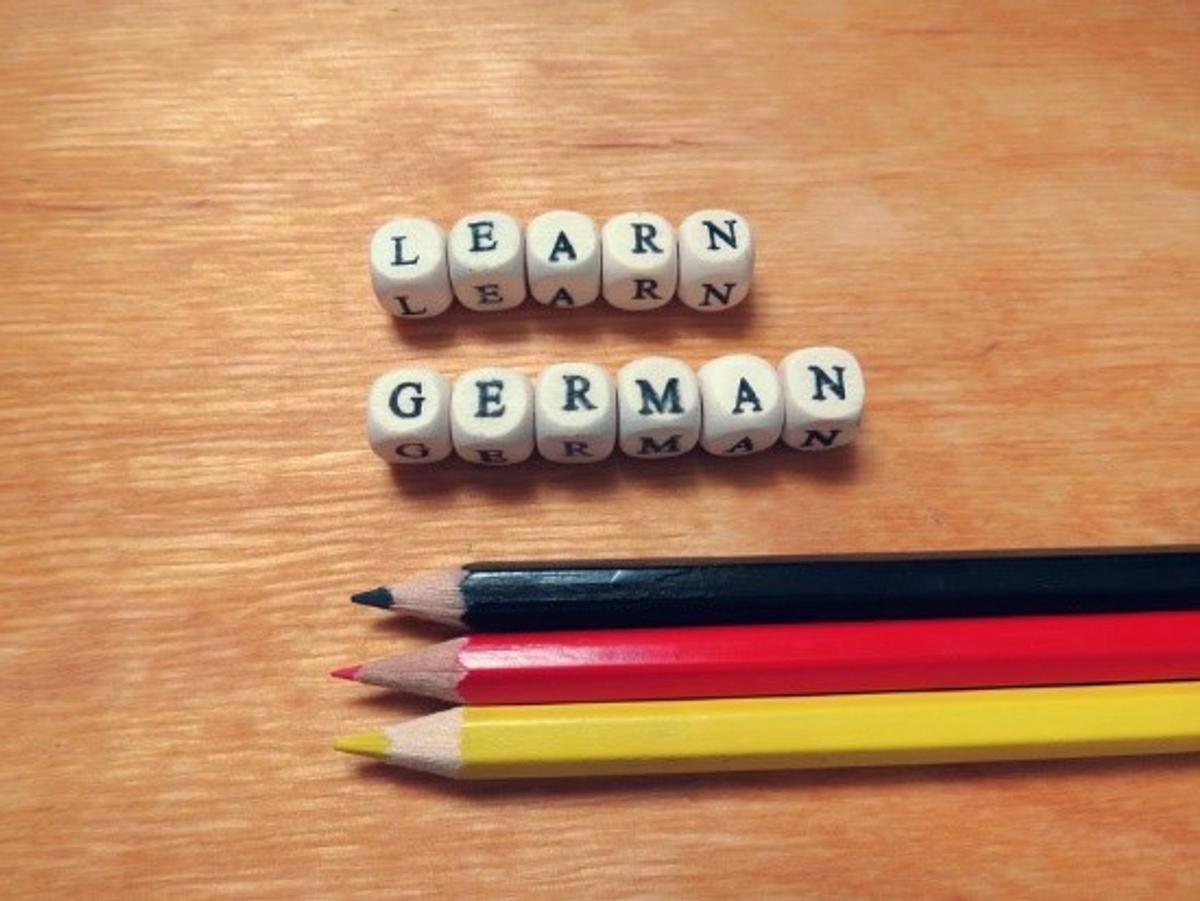German

GERMAN NEWS
Deutsch für die Zukunft
(German for the Future)
How to support your child’s German at home
There are many wonderful ways to assist your child’s German language development outside of school. Here are a few recommended websites:
Association of German Teachers of Victoria (AGTV) – everything you need to know about teaching and learning German at both primary and secondary schools in Victoria
German Online Dictionary
https://dict.tu-chemnitz.de/english-german/German.html
German Saturday School
http://www.germansaturdayschool.org.au/
Step into German (music, soccer and much more)
http://www.goethe.de/ins/us/saf/prj/stg/enindex.htm
Career, Education and Lifestyle in Germany
https://www.deutschland.de/en/career-education-and-lifestyle-in-germany
German for the Future
https://www.germanforthefuture.vic.edu.au/
Goethe Institute Melbourne (Why learn German?)
https://www.goethe.de/ins/au/en/spr/wdl.html
Common German words and phrases to use at home
Thank you to the many parents and students who have requested this:
Deutsch Englisch
| Guten Morgen! | Good morning! |
| Guten Tag! | Good day! |
| Guten Abend! | Good evening! |
| Gute Nacht! | Good night! |
| Wie geht’s dir? | How are you? |
| Mir geht’s gut. | I am (feeling) good. |
| Bitte schön! | Here you are! (or) You’re welcome! |
| Danke schön! | Thank you! |
| Auf Wiedersehen! | Good bye! |
| Tschüss! | Bye! |
| Was machst du? | What are you doing? |
| Ich mache meine Hausaufgaben. | I am doing my homework. |
Wieviel Uhr ist es? (or) Wie spät ist es? | What time is it? |
| Es ist acht Uhr. | It is eight o’clock. |
| Was ist das? | What is that? |
| Das ist mein Deutschheft. | That is my German workbook. |
| Kann ich bitte ein Glas Wasser haben? | Can I please have a glass of water? |
| Wo bist du? | Where are you? |
| Ich bin in der Küche. | I am in the kitchen. |
| Das schmeckt gut. | That tastes nice. |
| Ich mag Pfannkuchen. | I like pancakes. |
| Ich mag nicht Tomaten. | I don’t like tomatoes. |
| Kann ich dir helfen? | Can I help you? |
| Ja, bitte. / Nein, danke. | Yes, please. / No, thanks. |
Check out this website for more common German phrases and expressions (recordings for correct pronunciation included):
http://www.linguanaut.com/english_german.htm
DID YOU KNOW?
By our German Captain, Tilly
The sweet maker, Haribo, runs a scheme where local children can exchange acorns for sweets. Their acorns then get sent to nature reserves to feed animals.
More than 800 million currywurst sausages are eaten every year in Germany. The snack is so popular that there’s even a museum dedicated to it in Berlin.
The most famous German food exports are sauerkraut, sausages and Brezeln (pretzels)
Viel Spaß und Vergnügen!
Should you have any queries about how to best support your child’s German language development, we would love to hear from you.
Frau Ulrike Lindner
Frau Megan Taylor
Frau Sophia Kent







